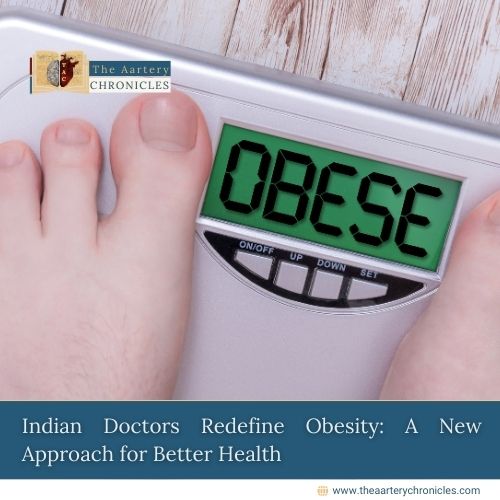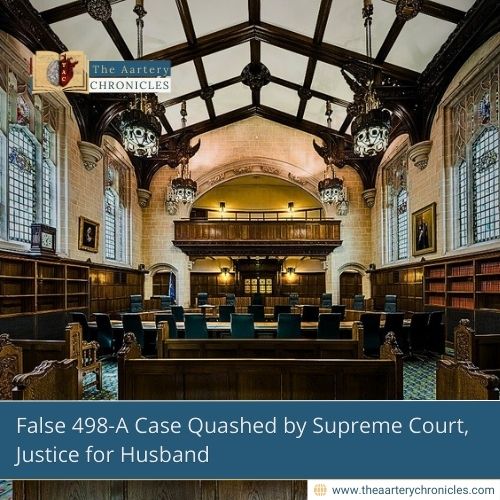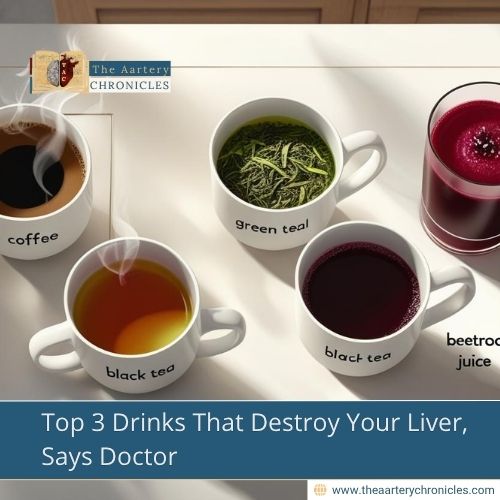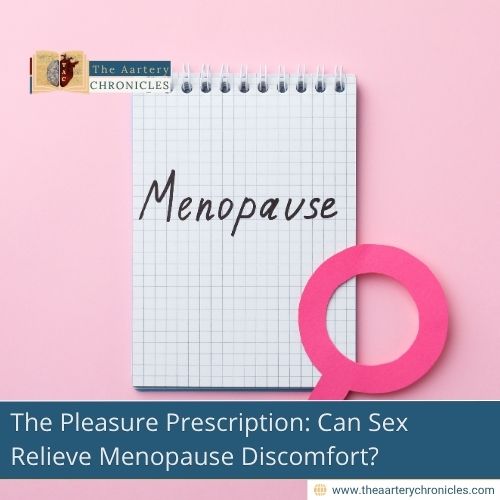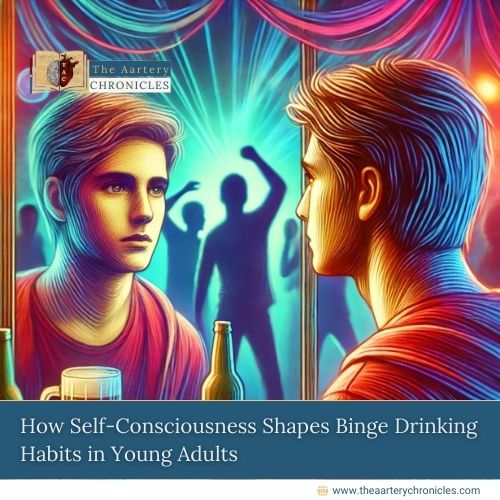
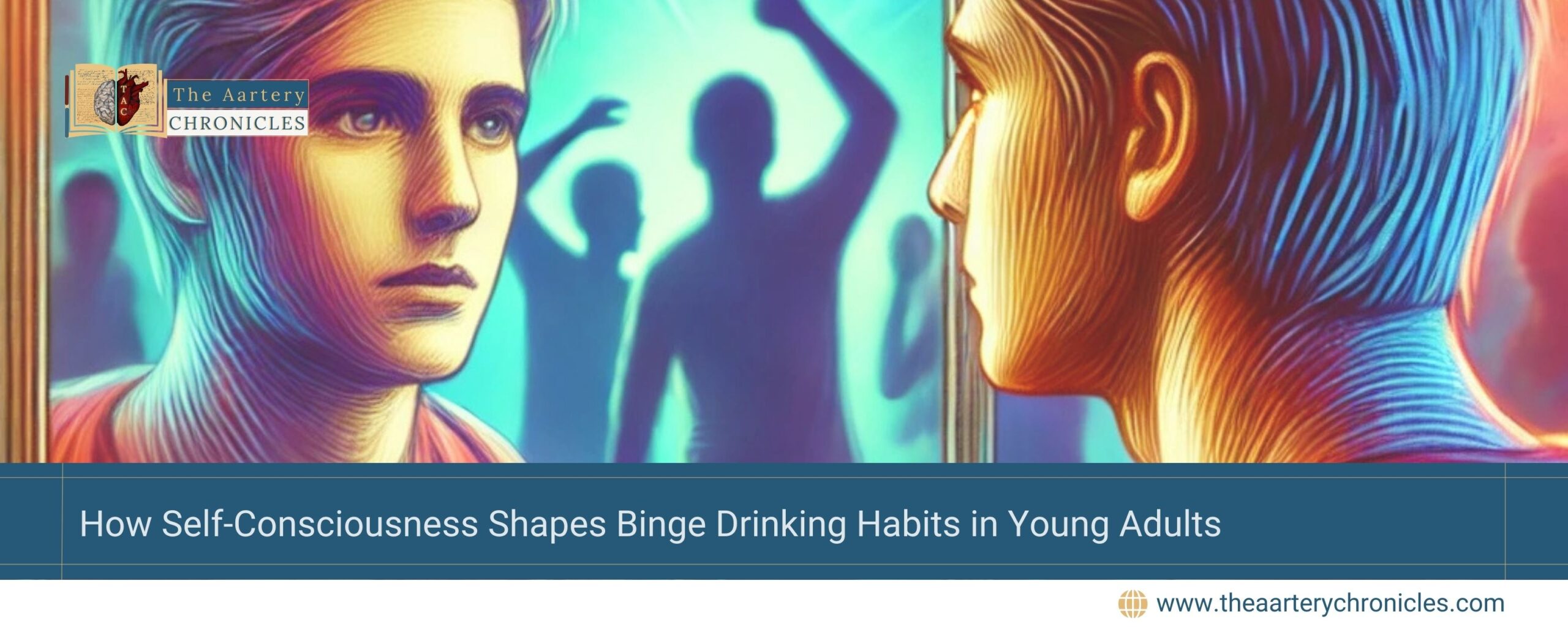
How Self-Consciousness Influences Binge Drinking: A Journey Through Young Adulthood
Self-consciousness might just be the hidden driver behind binge drinking among young adults—but its influence evolves with time. A recent study published in Alcohol: Clinical and Experimental Research sheds light on this connection, offering new insights that could pave the way for early interventions to curb problem drinking.
The Link Between Self-Consciousness and Binge Drinking
When you’re young and hyper-aware of how others perceive you, it might push you toward binge drinking. The study found that young adults who are more self-conscious tend to binge drink more frequently. However, as they mature, this tendency shifts. The very trait that fuels heavy drinking in early adulthood may help reduce it later in life.
A Groundbreaking Approach to Study Drinking Behaviour
This research is the first to use real-world, objective measures of social attention to understand problem drinking. Participants aged 21–30 engaged in unscripted video conversations with friends and strangers. Their eye movements were tracked to measure how much time they spent looking at themselves versus their conversation partner. This provided a unique window into their self-consciousness levels.
In addition to these video sessions, participants completed surveys about their drinking habits and alcohol-related negative experiences over two years.
Key Findings: What Eye Movements Reveal About Drinking Habits
- Self-Focus Equals More Drinking: At the start of the study, participants who spent more time looking at themselves during conversations reported more binge drinking days. Each 1% increase in self-focused attention correlated with a 1.3% rise in binge drinking days.
- Looking Outward Reduces Drinking: Conversely, for every 1% increase in time spent looking at their conversation partner, binge drinking days decreased by 1.1%.
The Turning Point: How Self-Consciousness Changes Over Time
Here’s the twist: self-conscious individuals showed a sharper decline in binge drinking over time compared to their peers.
- Those who were more self-focused during conversations with friends experienced a remarkable 50% annual reduction in binge drinking days—outperforming the average 40% decline typically seen in this age group.
Why? Researchers suggest that self-conscious people might be more attuned to social norms.
- In their late teens and early twenties, they may drink heavily to fit in.
- But as societal expectations around drinking evolve with age, their behaviour adjusts.
Self-Consciousness: Cause or Effect?
The study also raises an intriguing question: does self-consciousness drive binge drinking, or is it a byproduct of it? Heavy drinking can lead to depression and anxiety, both of which are linked to heightened self-consciousness. The answer remains unclear, but this insight opens the door for further exploration.
Why This Matters
While the study excluded individuals with alcohol use disorder, it highlights the importance of understanding how social attention and self-awareness influence drinking habits. This knowledge could help identify at-risk individuals early and guide interventions tailored to their unique social and psychological traits.
What’s Next? Broadening the Scope
Researchers recommend expanding future studies to include older age groups and longer follow-ups. This could help us better understand how self-consciousness and social attention shape drinking behaviours across different life stages.
Takeaway: A New Perspective on Problem Drinking
Self-consciousness isn’t just a quirk—it’s a factor that can shape young adults’ drinking patterns. Recognizing its role might be the key to helping young adults navigate their relationship with alcohol more healthily as they grow.
By diving deeper into the social and psychological aspects of binge drinking, we can better support those who need it most.
Source: Inputs from various media Sources




